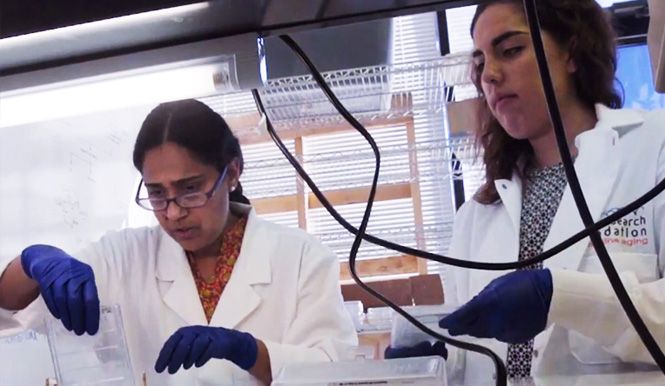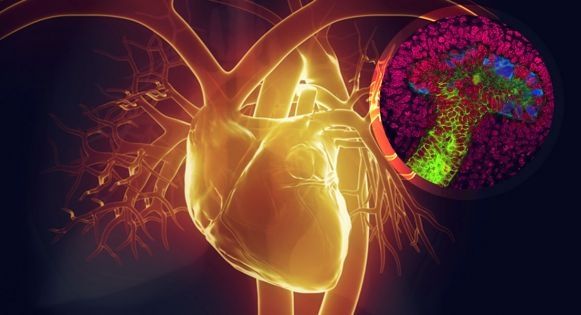Jul 25, 2016
Project|21 SENS Research Foundation | Building the Bridge to Human Clinical Trials for Rejuvenation Biotechnologies
Posted by Steve Hill in categories: biotech/medical, internet, life extension
MOUNTAIN VIEW, Calif. — July 11, 2016 — SENS Research Foundation today announced its Project|21 campaign to secure $50 million in private support from individual donors, foundations, and corporations. The goal of Project|21 is for SRF to partner with a new generation of visionary philanthropists, build the Rejuvenation Biotechnology industry, and bridge the most challenging gulf between research and treatment by enabling human clinical trials by 2021.
Aubrey de Grey, founder and chief science officer of SENS Research Foundation said, “Ending aging will require large-scale investment to flow into a globally-recognized industry for rejuvenation biotechnology. Since we began in 2009, SENS Research Foundation has been putting all the pieces in place — core research groups, key players, shared knowledge, underlying tools — for the creation of this industry. The key programs funded by Project|21 can create an environment where the first damage repair interventions addressing specific age-related diseases will be brought to human clinical trials within five years.”
The programs funded under Project|21 focus on three major barriers to the development of truly effective rejuvenation therapies. First, funding to convert promising basic research programs into solid investment candidates remains far too scarce. Second, there are too few opportunities for dynamic collaborations with mainstream regenerative medicine. Finally, there is little understanding of the regulatory pathways and clinical infrastructure these technologies will require. Project|21 addresses these three areas by creating a $15 million bridge fund to support promising early stage technologies; a center of excellence to deliver better opportunities for collaborative development of early stage programs; and a Rejuvenation Biotechnology Alliance Program to address challenges in regulation, manufacturing, and investment.














